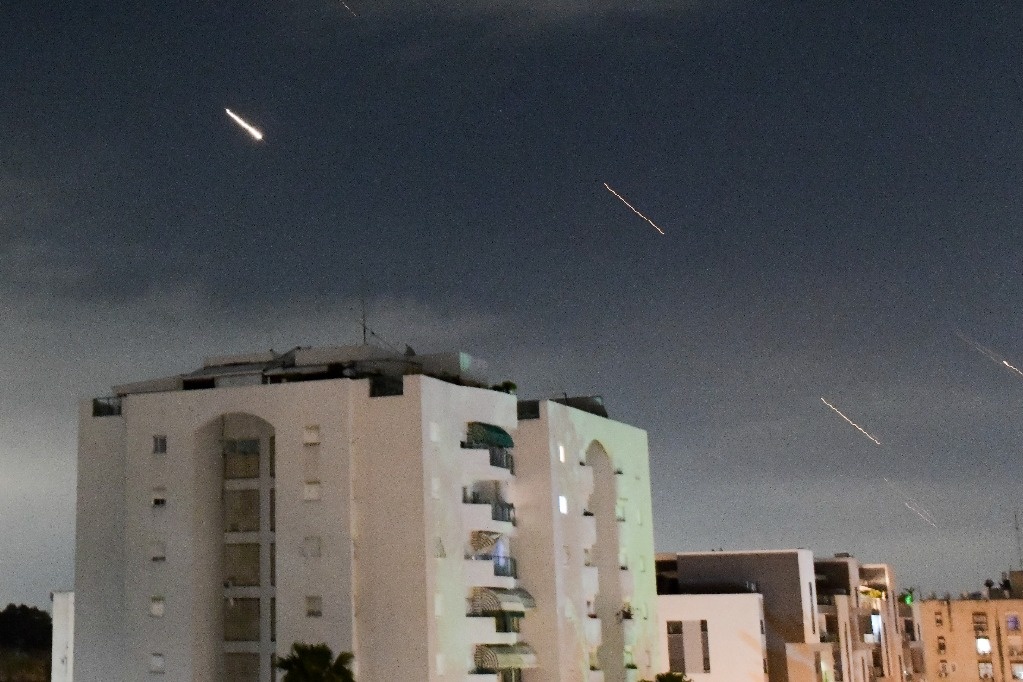featured
From dead chickens to diapers and wood waste in organic waste containers: “We are going to check incorrect sorters more strictly” (Sint-Niklaas)
People have already put vacuum cleaner bags, plastic bags and even a dead chicken in the organic waste containers. That doesn’t belong there. — © if Sint-Niklaas/Temse/Waasmunster/Sint-Gillis-Waas/Stekene – Waste intermunicipal company MIWA, responsible for waste …
From dead chickens to diapers and wood waste in organic waste containers: “We are going to check incorrect sorters more strictly” (Sint-Niklaas)
People have already put vacuum cleaner bags, plastic bags and even a dead chicken in the organic waste … Read more

No Rest for the Wicked is struggling in early access, but fixes for the new action RPG are on the way
Game Message April 19, 2024, 2:08 p.m The release of No Rest for the Wicked on Steam Early … Read more

Gala Montes accuses Kalimba of humiliating her and reveals her modus operandi
Gala Montes reveals what would be Kalimba’s modus operandi Gala Montes shared that, after Melissa Galindo’s complaint, Kalimba … Read more

Brynäs drives over Djurgården in the first meeting
Brynäs drove over Djurgården in the first final match Published 2024-04-17 19.46 share-arrowDela unsaveSpara GABLE. Brynäs could hardly … Read more

SRE calls on Mexicans not to travel to the Middle East
Mexico City. Given the recent escalation of tensions between Iran and Israel, the Ministry of Foreign Affairs (SRE) … Read more


